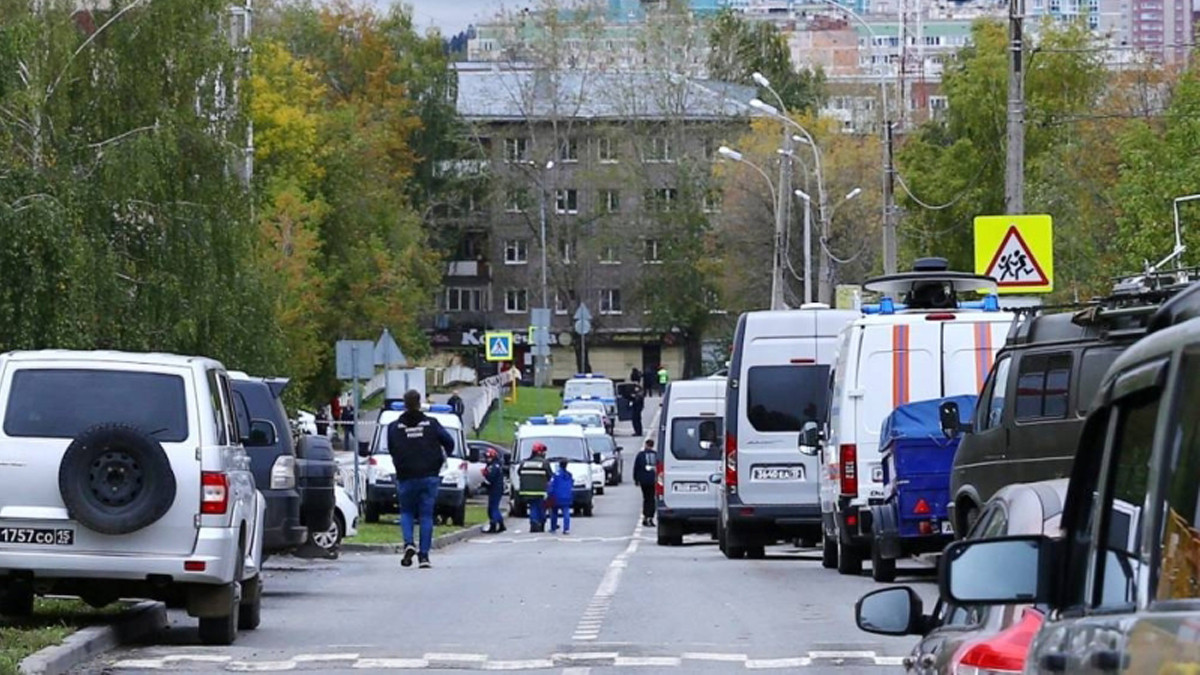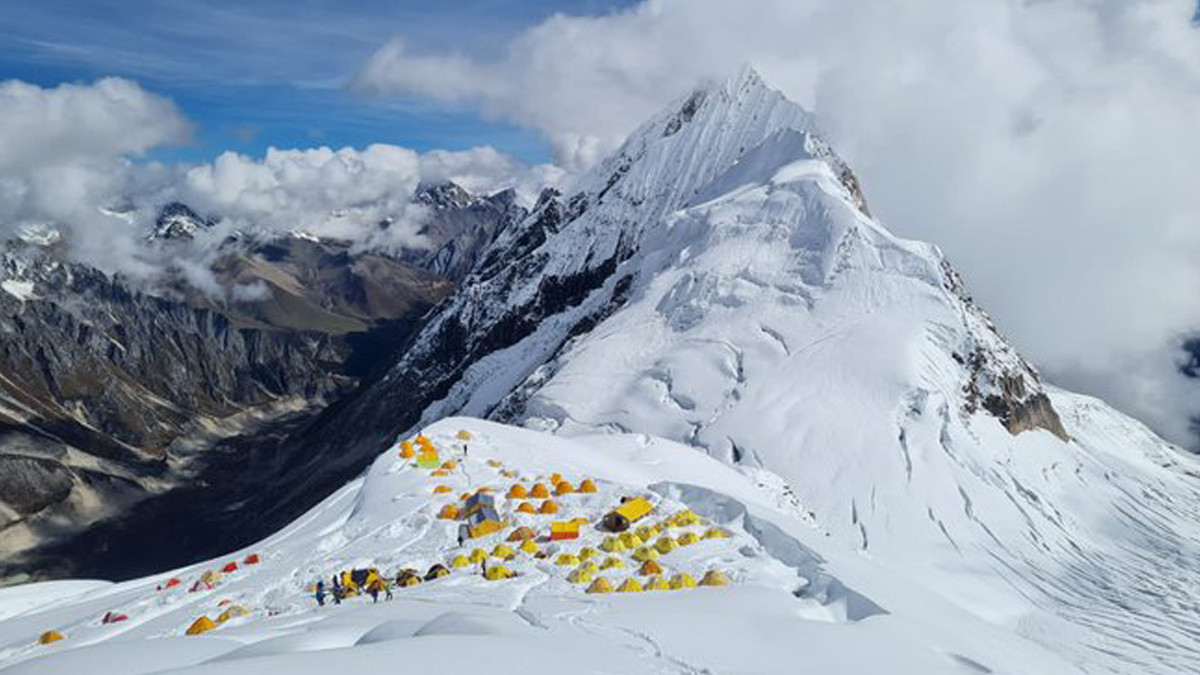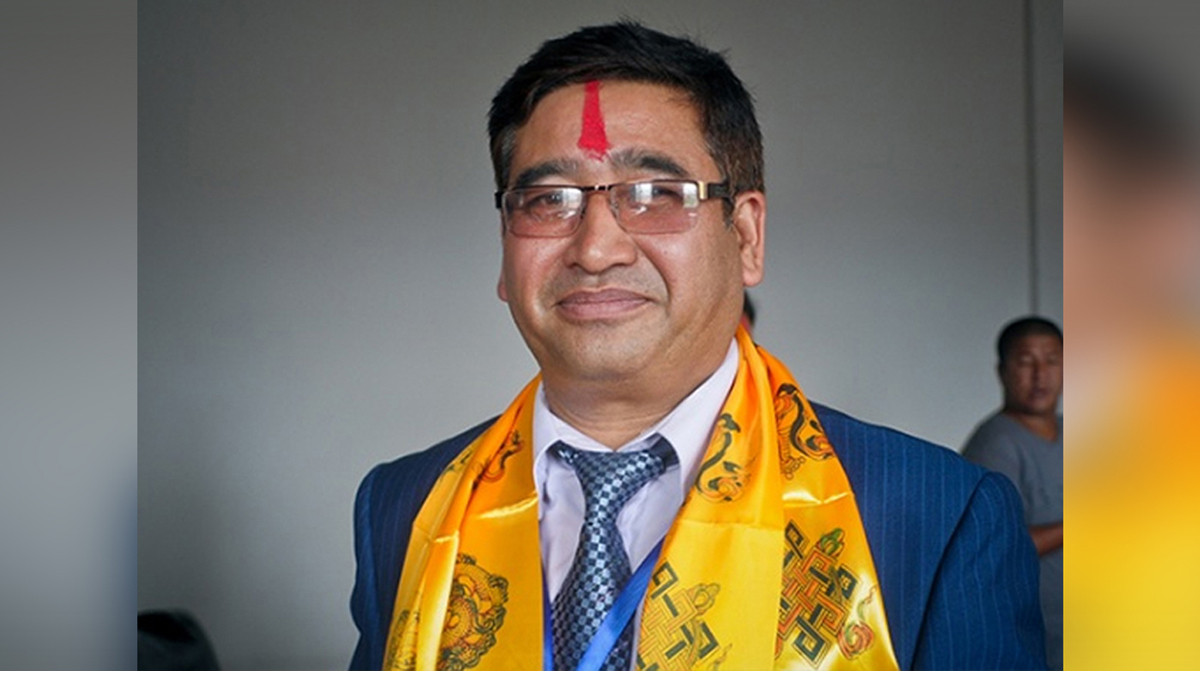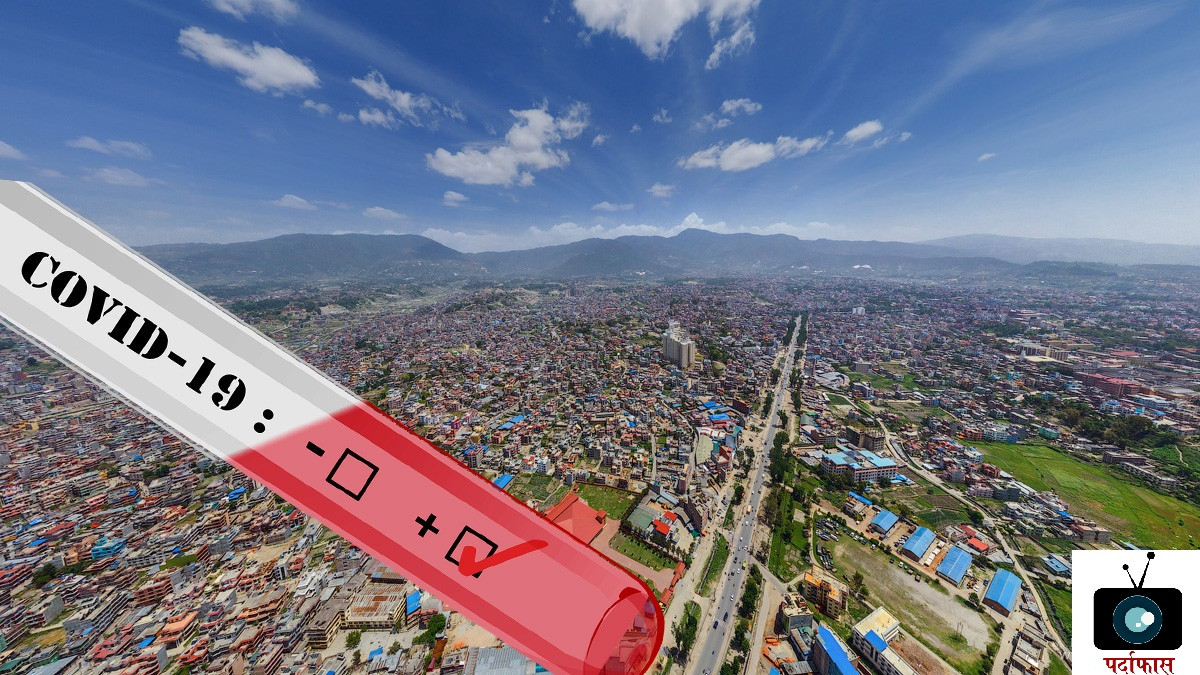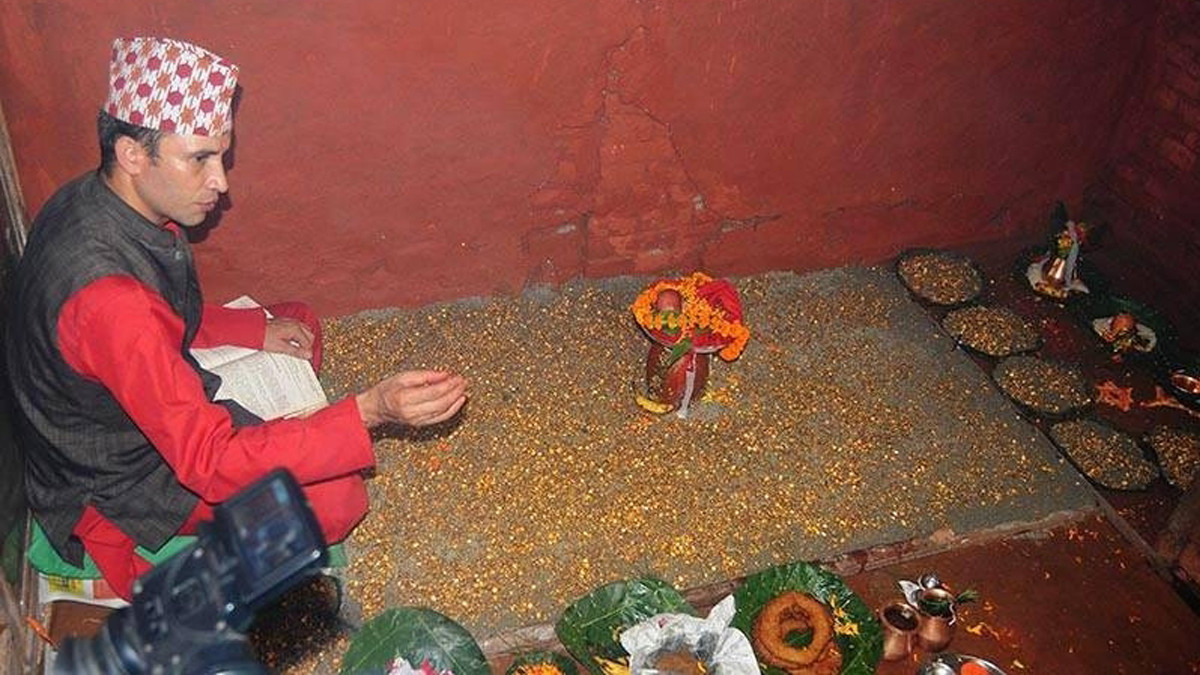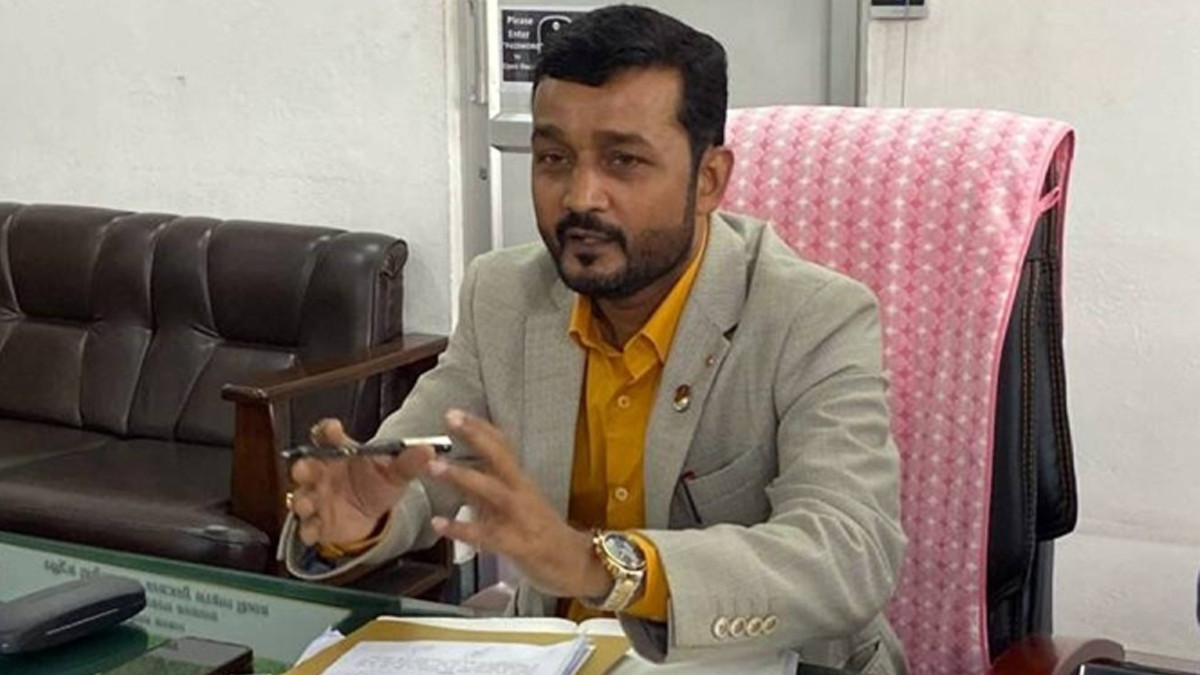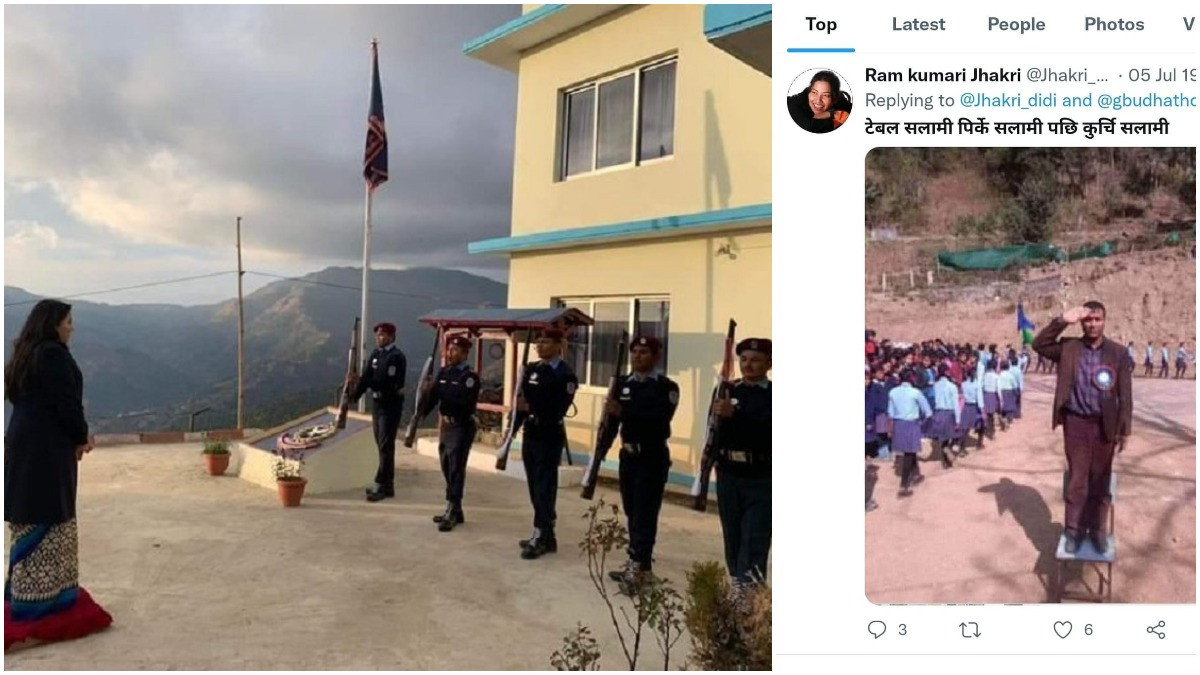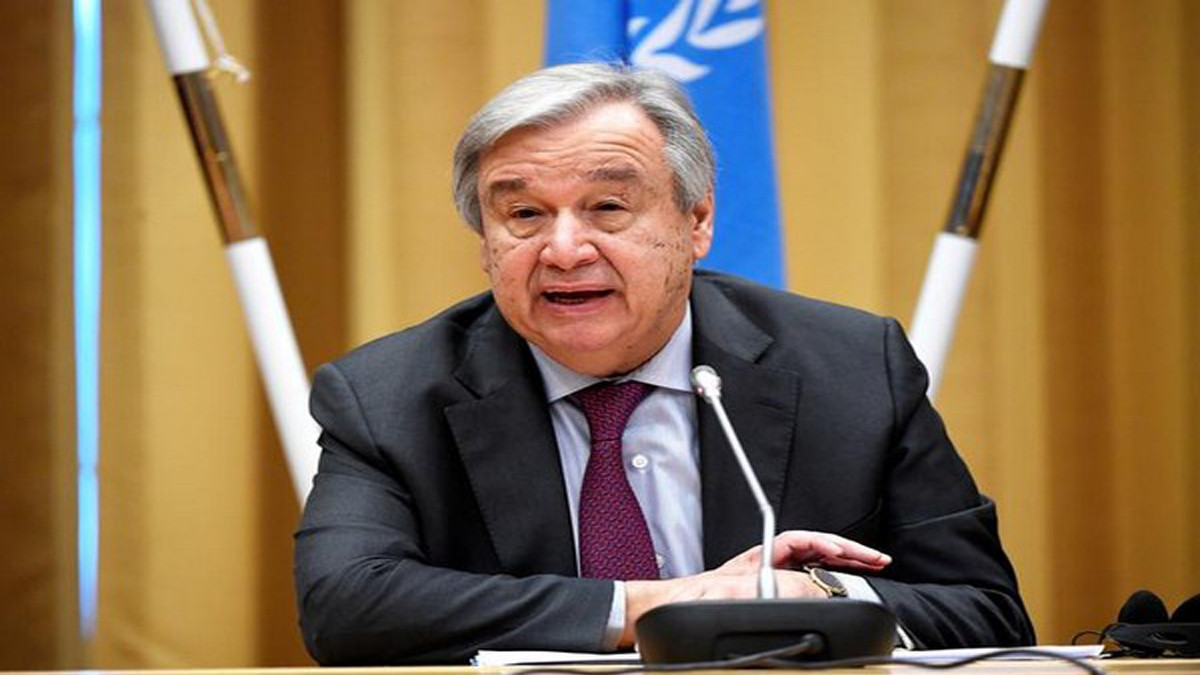 United Nations Secretary General Antonio GuterresFile Photo
United Nations Secretary General Antonio GuterresFile Photo
TOKYO: On the 77th anniversary of the Hiroshima atomic bombing by the United States, UN Secretary-General Antonio Guterres will become the first UN chief to attend the annual ceremony at the Peace Memorial Park on Saturday after his predecessor Ban Ki Moon’s visit in 2010.
The USA bombed the Japanese cities of Hiroshima (August 6, 1945) and Nagasaki (August 9, 1945) during World War II in what was the first use of atomic weapons in war.
Prime Minister Fumio Kishida, who represents a constituency in Hiroshima, will also give remarks at the ceremony for the first time since being elected premier last October.
At the memorial ceremony, Japanese Mayor Kazumi Matsui is expected to caution dependence on nuclear deterrence is gaining momentum in the world, reported Kyodo News.
Tens of thousands were killed in the initial explosions and many more would later succumb to radiation poisoning. Three days after the bomb nicknamed “Little Boy” decimated Hiroshima, a second atomic bomb was dropped on Nagasaki. It was then followed by Japan’s surrender to the Allied forces six days later, marking the end of World War II.
A moment of silence will be observed at 8:15 a.m., the exact moment a uranium bomb dropped from a U.S. bomber detonated over the city on August 6, 1945, killing an estimated 140,000 people by the end of the year.
Hiroshima will host a summit meeting of the Group of Seven industrialized nations next May, and Japan aims to send out a message of peace.
World War II conflict during the years 1939-45 included — the Axis powers–Germany, Italy, and Japan–and the Allies–France, Great Britain, the United States, the Soviet Union, and, to a lesser extent, China.
The ceremony is expected to be attended by representatives from a record 101 nations and the European Union. The mayor will call on the Japanese government to act as a bridge between nuclear weapon states and non-nuclear weapon states, ratify a U.N. treaty banning nuclear weapons and participate in the next conference of parties to the treaty after Japan skipped the first one held in June, even as an observer.
As COVID-19 restrictions have been eased nationwide, this year’s ceremony will be on a larger scale than last year’s, although still reduced in terms of the number of attendees, as per the media portal.
The combined number of officially recognized survivors of the two nuclear attacks, known as hibakusha, stood at 118,935 as of March, down 8,820 from a year earlier, the Ministry of Health, Labor, and Welfare said. Their average age was 84.53. (ANI)


